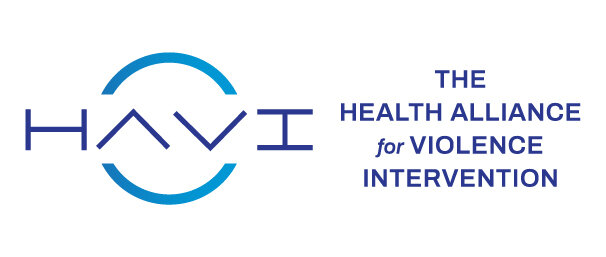In the United States, rates of fatal and nonfatal firearm injuries differ substantially by race and sex, with Black men being more likely than any other group to be shot. Many people who survive a gunshot wound have complex physical, psychological, and social challenges during their recovery. Public health programs, including hospital-based violence intervention programs (HVIPs), have been designed to reduce the likelihood of reinjury for their participants and to support their well-being. However, little is known about how Black men who survive a gunshot wound and receive care from these programs conceptualize the best ways to support their healing and the barriers they experience in achieving their health-related goals. This case study, drawing from ethnographic research conducted during 2013-2023 at the second busiest HVIP in Maryland, examines the experiences of 6 Black men who were treated with a colostomy after surviving a gunshot wound. Emergent themes included increased psychological stress from being treated with a colostomy and wearing a waste collection pouch, disruptions to everyday life, and insufficient access to colostomy care and education. The findings from this case study highlight the importance of providing access to psychological services, colostomy education, and health care supplies to meet the needs of HVIP participants and improve health outcomes for this population.
